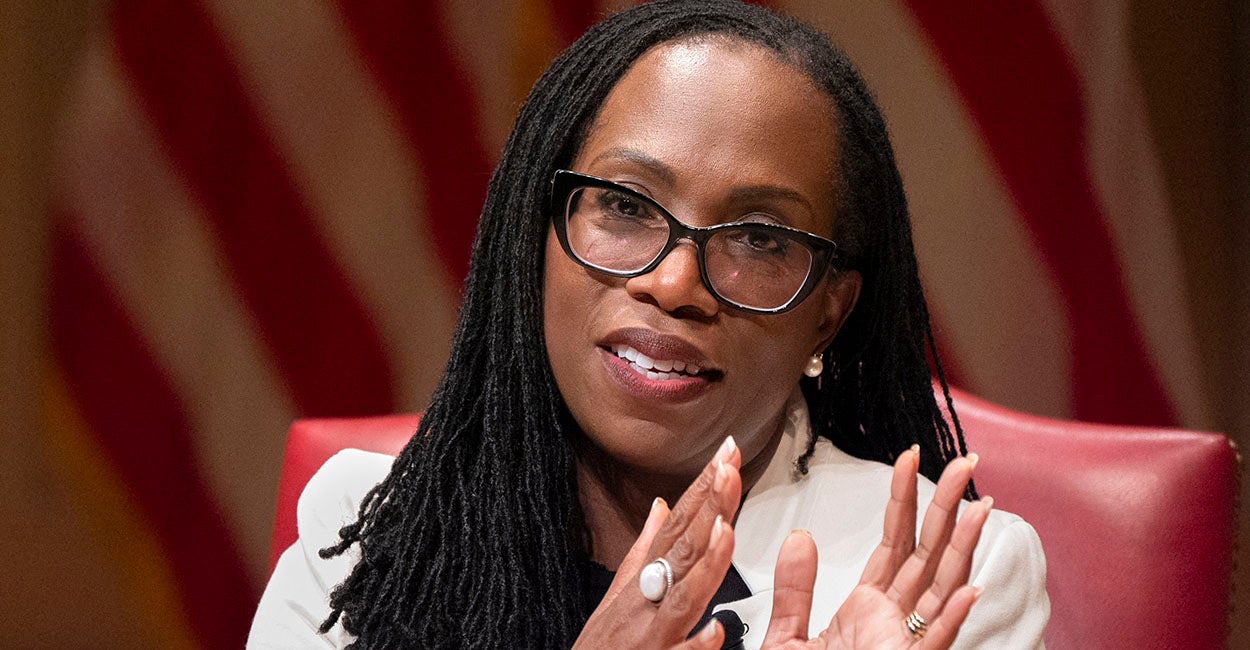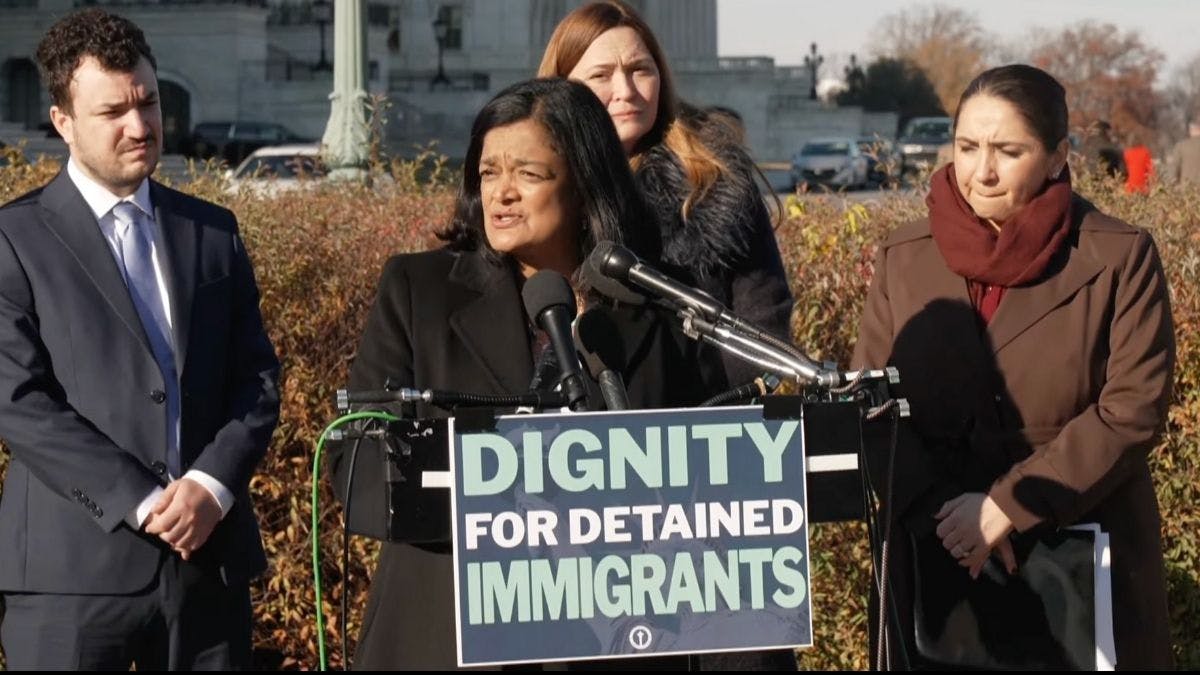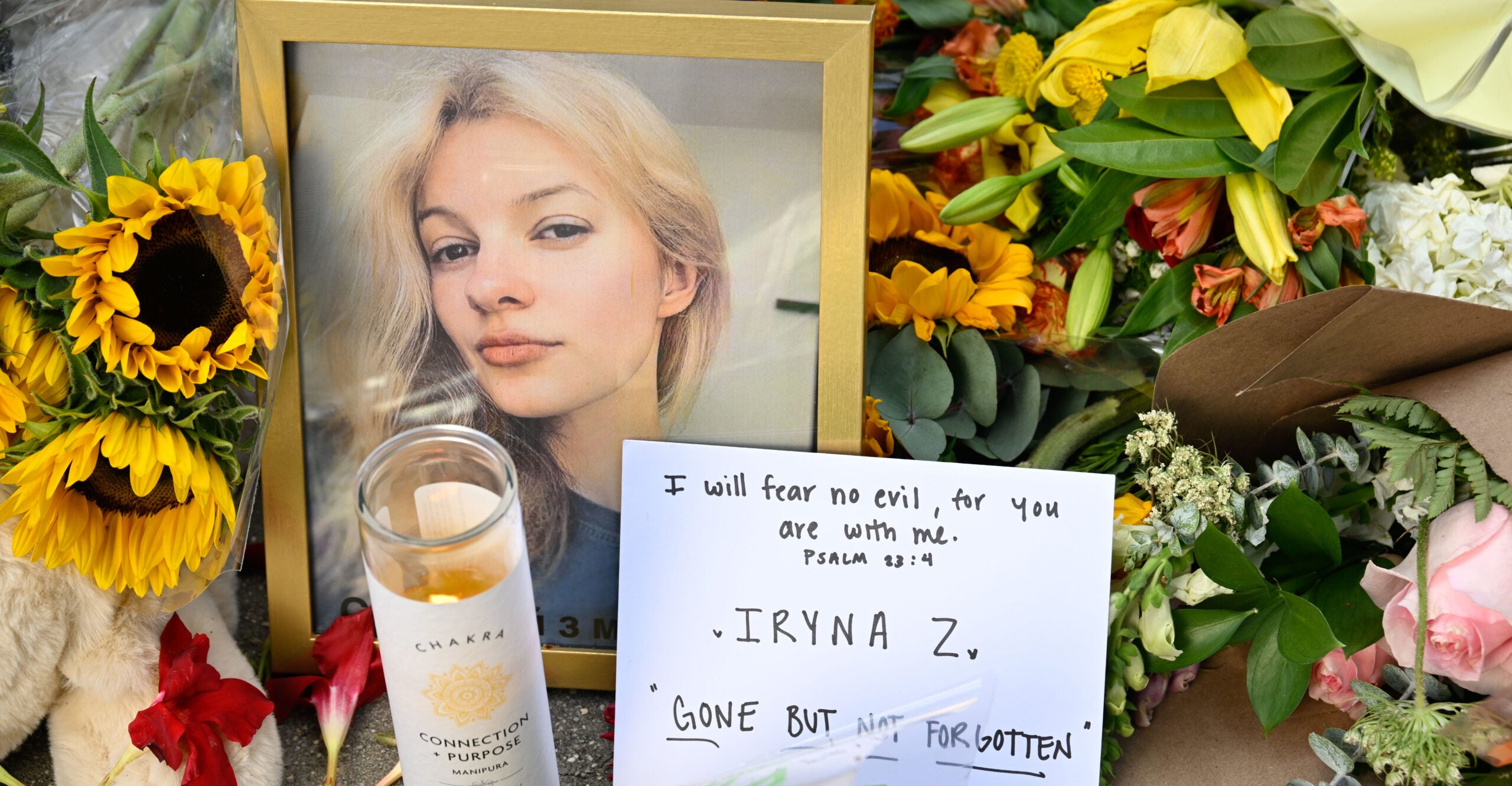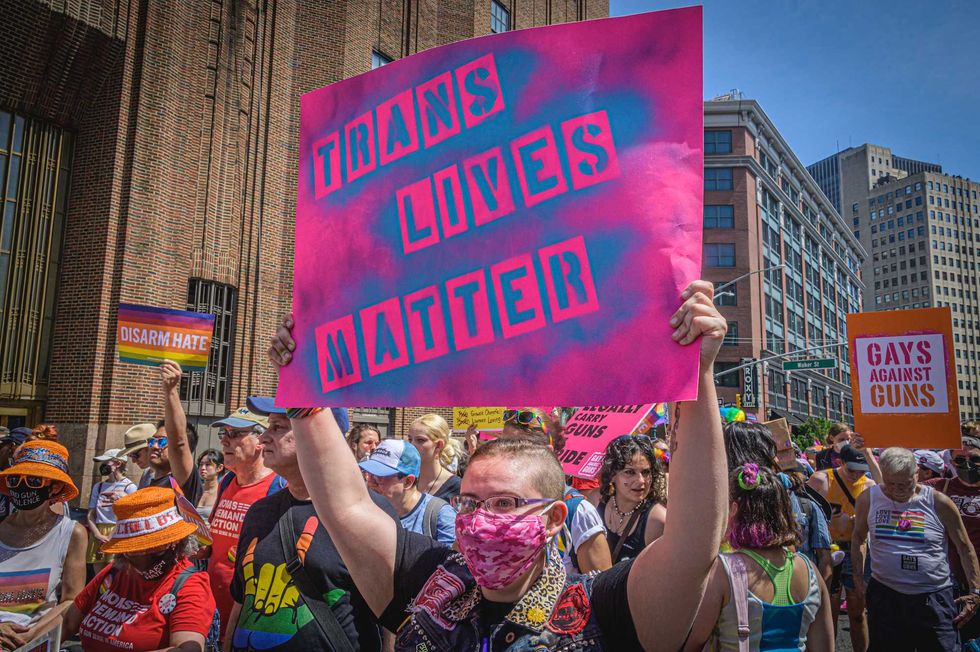Supreme Court Protects Majority Groups from Discrimination

In a unanimous decision, the U.S. Supreme Court Thursday upheld the claims of a woman who faced workplace discrimination because of her “majority group” identity—in this case, being a heterosexual.
The decision upholds the rights of majority group individuals to be free from “reverse discrimination,” a right considered protected under Title VII of the Civil Rights Act of 1964.
Justice Ketanji Brown Jackson delivered the opinion. Justice Clarence Thomas delivered a concurring opinion, in which Justice Neil Gorsuch joined.
The case, Ames v. Ohio Department of Youth Services, addressed alleged employment discrimination claims from the plaintiff, Marlean Ames, who says she was denied a promotion and then demoted because of her sexual identity.
Ames was hired in 2004 as an executive secretary at the Ohio Department of Youth Services, where she worked for 10 years before a promotion to program administrator.
When Ames applied for a new position in 2019, despite receiving positive performance evaluations from her gay supervisor, she was denied the job and soon after demoted to a position paying half the hourly rate of her previous secretarial position. Both the new position she applied for and the program administrator position she was demoted from were then filled by gay employees.
Ames filed a lawsuit claiming she was illegally discriminated against because of her sexual identity. The U.S. 6th Circuit Court of Appeals rejected her claim, stating that it found no pattern of discrimination beyond Ames’ case. The court argued that Ames was unable to provide the necessary “background circumstances” to support her allegations of reverse discrimination.
GianCarlo Canaparo, a legal fellow in the Edwin Meese III Center for Legal and Judicial Studies at The Heritage Foundation, explained these required background circumstances in a previous piece for The Daily Signal: “If Ames had been in a minority group, all she would have to show to get a trial is that someone with a different sexuality was treated better. But because she is in a majority group, she must show ‘background circumstances to support the suspicion that the defendant is that unusual employer who discriminates against the majority.’”
Canaparo added, “Ames lost [in the lower courts] because she’s part of a ‘majority’ group (heterosexuals), and as such, she must provide more preliminary evidence of discrimination than someone in a ‘minority’ group before she can get a trial.”
The Supreme Court has recognized that Title VII nondiscrimination protections apply equally to majority group individuals, a precedent set by the 2009 case Ricci v. DeStefano, where the justices ruled that discriminatory effects resulting from diversity efforts are illegal. The Ames decision could have significance for future “reverse discrimination” cases.
Xiou Wang, director of the Supreme Court Litigation Clinic at the University of Virginia School of Law, represented Ames and argued that requiring members of majority groups to prove “background circumstances” only perpetuates the workplace reverse discrimination Ames faced and is unconstitutional.
The post Supreme Court Protects Majority Groups from Discrimination appeared first on The Daily Signal.
Originally Published at Daily Wire, Daily Signal, or The Blaze
What's Your Reaction?
 Like
0
Like
0
 Dislike
0
Dislike
0
 Love
0
Love
0
 Funny
0
Funny
0
 Angry
0
Angry
0
 Sad
0
Sad
0
 Wow
0
Wow
0











































































